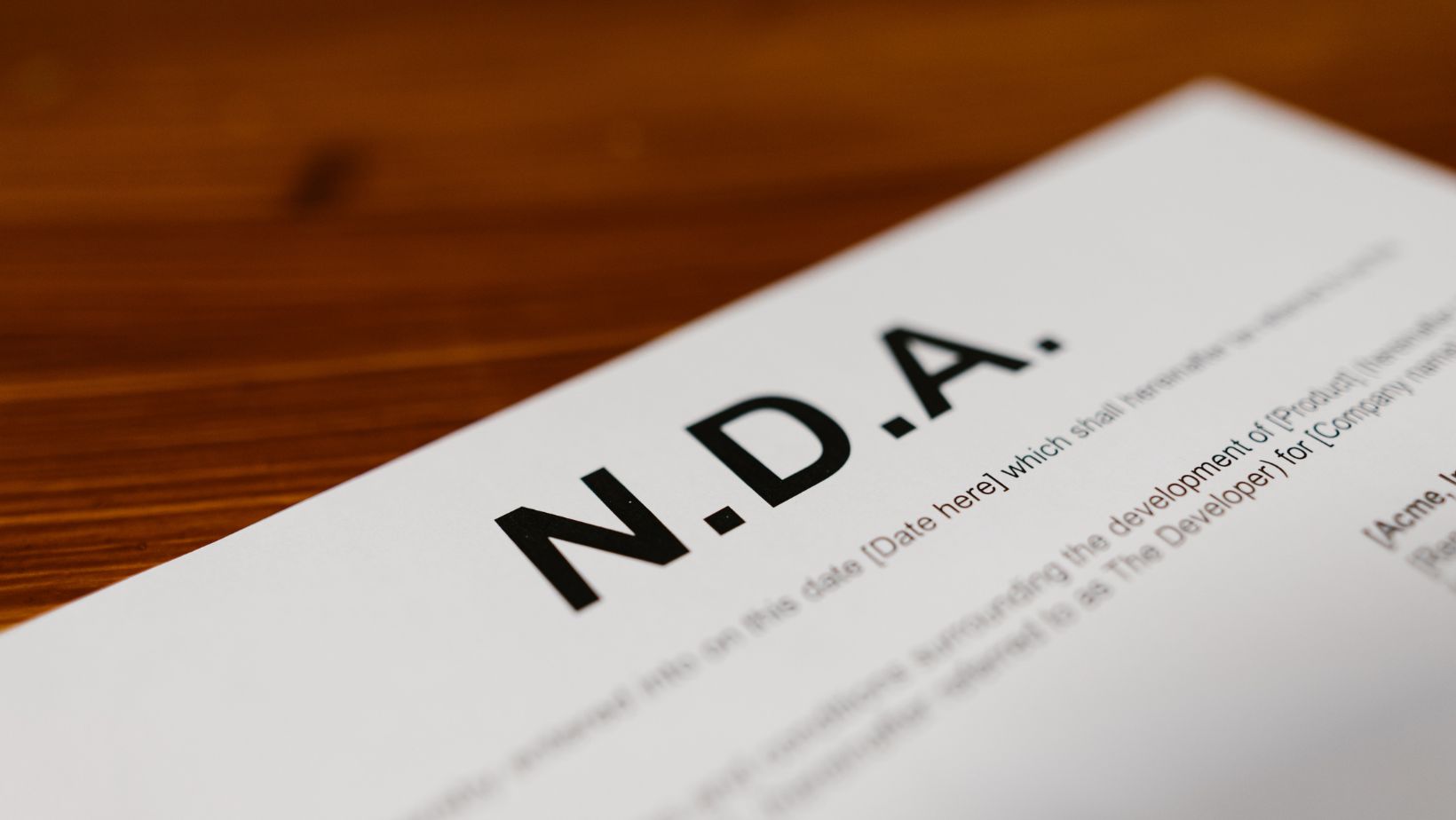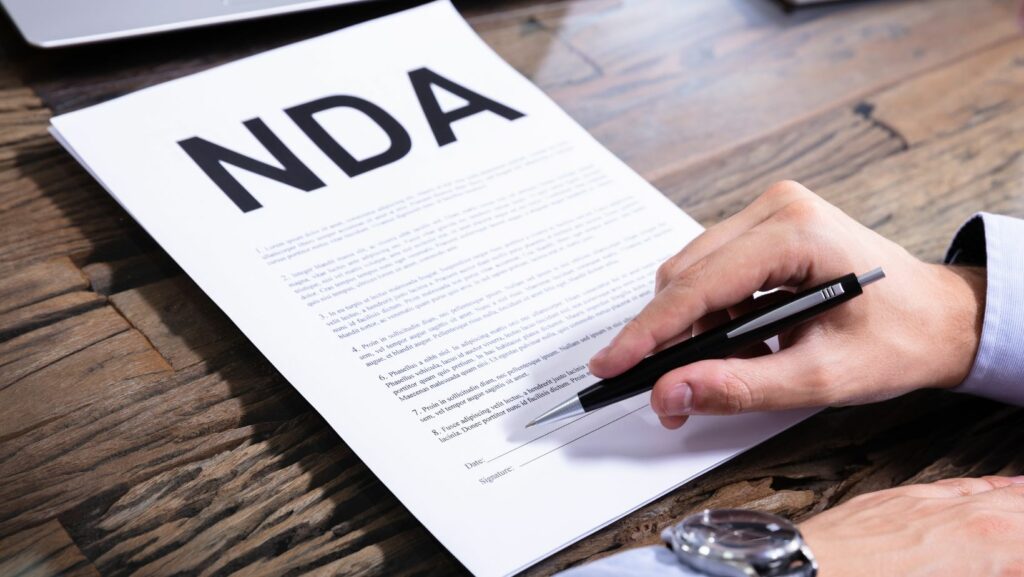Non-disclosure agreements (NDAs) are incredibly helpful for protecting confidentiality. There are many types of NDA arrangements, and picking the right one helps you (or your organization) stay above board.
In this article, we’ll be looking at how faith groups can set up morally-sound NDAs.
Why Religious Groups Use NDAs
These agreements are essential for all kinds of organizations. Religious groups can use them to keep donation records secret, for example. Churches and other faith-based settings try to foster an atmosphere of transparency and openness in any way they can. After all, this is the only way they can spread their messages to the local community.
Most evangelical leaders say the ethics of an NDA depends on the situation. This is because it’s a sensitive legal document and could mean serious consequences for anyone who breaks it. In some scenarios, an NDA is simply too extreme of a measure. This is especially true in situations where they exist to suppress serious allegations.
Each religion stands as a community that understands the importance of discretion. For smaller matters such as personal counseling, NDAs could stop a member’s personal issues from being turned into town gossip. Churches, synagogues, and other places of worship may also just want to protect against leaks while planning a new initiative for their community.
Accountability and Misconduct
Though NDAs are mainly for confidentiality, there are some who would misuse them to cover up abuse. Religion News Service has even said that NDAs are nearly always part of church-related scandals. There are definitely some issues that are easier to handle without a media circus. In the case of assault and abuse allegations, however, NDAs are more likely to harm victims.
It’s paramount that religious groups take accountability rather than burying or downplaying these accusations when they emerge. Threatening legal action against people who try to speak out is not just a dereliction of duty. It’s a moral disgrace — one that every person of faith should stand against. No matter the teachings you or I follow, we must be united against these coverups.

In an abuse case, non-disclosure agreements should only exist to protect the victim. They have the right to share their experience, but they may want to maintain their privacy for one reason or another. For example, to cut down on gossip while pursuing justice through the courts. If there’s a power dynamic issue (which is often the case), this also protects them against retaliation.
Power Dynamics in NDAs
To expand on this, imbalances of power can be a serious ethical issue, especially when an NDA is in the mix. If there are concerns of abuse surrounding church leadership, for example, victims might be too scared to speak up. These figures command authority — and may even persuade their victims that an NDA is the right way forward.
Alternatively, a clergy member may threaten to sue victims for slander if they speak out. In these situations, an NDA might seem like a ‘fair’ way to put it all behind them. The alternative could be an uphill battle against a community hero. This intimidation is at the heart of every manipulative non-disclosure agreement.
Places of worship must be fully aware of these concerns before broaching the idea of an NDA. If they want to use these documents, they have to do so ethically. This means explaining their full reasoning for using one. Ultimately, the person they ask to sign should have the option to say no at any stage.
How Religious Groups Can Use NDAs Lawfully
To be legally binding in the first place, every NDA must follow certain rules. For example, it must outline the duration for which it’s in effect, how to use the information appropriately, and any exclusions worth mentioning. Online templates give you a fair non-disclosure document that fits your state’s specific laws for extra peace of mind.

Your place of worship should only set up an NDA if it’s absolutely necessary and morally just. In these situations, communication is key. Anyone signing a document like this needs to know why their secrecy matters. Setting a clear duration, if appropriate, will also foster goodwill by showing they don’t need to stay silent forever.
Make sure the signer knows that even if they sign an NDA, they can still report criminal abuse or misconduct. Depending on the situation, there may even be no criminal or financial penalties for sharing the agreement’s secrets. If the document is fair to all parties, there should be nothing for anyone to worry about.
Conclusion
The topic of non-disclosure agreements naturally worries some people. If you need to use them in your place of worship, work to assuage any fears and doubts the signer(s) might have. Above all else, make sure you use an online template to guarantee the form is safe and legally binding.
